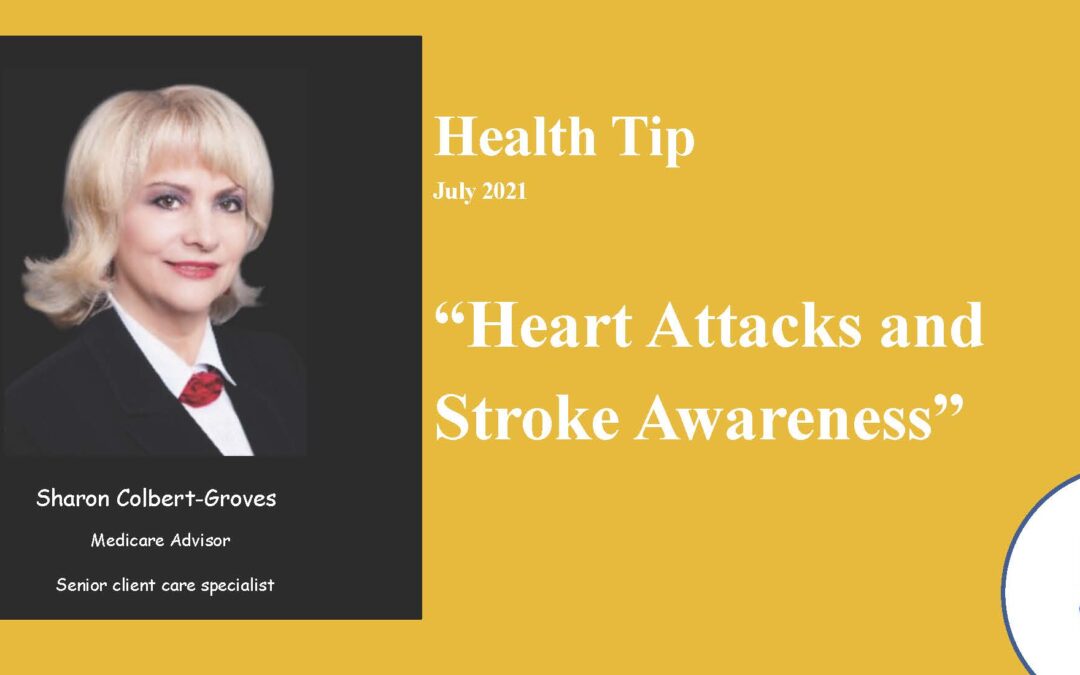The American Heart Association has designated February as American Heart Month and May as American Stroke Month. Since I missed speaking about these important issues at those times, I will revisit these important awareness facts.
B . E . F. A . S. T. This is the lifesaving acronym regarding possible Strokes.
B = BALANCE Sudden loss of balance or leaning to one side when walking? Even a simple stumble can be suspect.
E = EYES Sudden loss of vision in one or both eyes? Blinking does not clear the vision.
F = FACE Ask the person to smile or stick out their tongue. Is smile uneven (1 side drooping) or tongue deviated to 1 side?
A = ARMS Ask the person to raise both arms. Does one arm drift downward or unable to raise up or uncoordinated or numbness?
S = SPEECH Difficulty, slurred or inability to speak. Ask the person to repeat a simple phrase.
T = TIME Immediately call 9-1-1. Do not drive to the emergency room. The Emergency Medical team can begin treatment prior to arrival at the ER. Always have a list of current meds available for the EMT.
There is no time to waste. This is NOT a “wait and see” scenario. Strokes must be treated as a true medical emergency. The timely administration of clot-busting drugs has saved many lives.
Chest pain, pressure, tightness, squeezing, or burning (mostly in the center of the chest). These symptoms last several minutes. This pain can also radiate to the left & right arms, neck, jaw, or back. It can be accompanied by other signs such as difficulty breathing, cold sweat, or sudden nausea. A person may feel weak, light-headed, or actually faint. The American Journal of Medical Epidemiology found that people who drink 5 or more glasses every day have a much lower risk of fatal coronary heart disease compared to people who drink less than 2 glasses per day. They also found it’s even more important to drink water before bed because it levels out blood in your body to prevent heart attacks. Water also improves blood circulation and provides sustenance at nights when the body is “healing and reenergizing”.
Things to do if you suspect the occurrence of a heart attack:
Call 9-1-1.
Chew or swallow an aspirin (unless you are allergic to aspirin.)
Take nitroglycerin if it has been prescribed by your doctor.
Begin CPR if the person is unconscious.
Source: Web MD/Amer Heart Assoc/ Mayo clinic/Healthline

